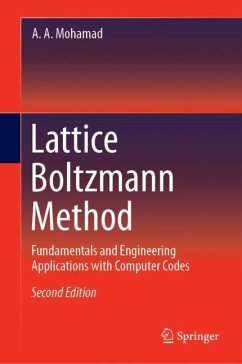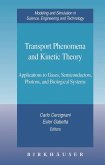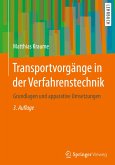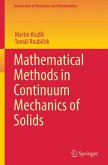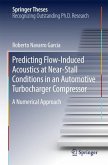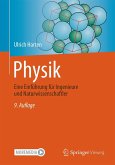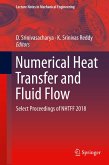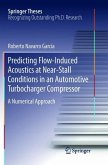This book introduces readers to the lattice Boltzmann method (LBM) for solving transport phenomena - flow, heat and mass transfer - in a systematic way. Providing explanatory computer codes throughout the book, the author guides readers through many practical examples, such as:
-flow in isothermal and non-isothermal lid-driven cavities;
-flow over obstacles;
-forced flow through a heated channel;
-conjugate forced convection; and
-natural convection.
Diffusion and advection-diffusion equations are discussed, together with applications and examples, and complete computer codes accompany the sections on single and multi-relaxation-time methods. The codes are written in MatLab. However, the codes are written in a way that can be easily converted to other languages, such as FORTRANm Python, Julia, etc. The codes can also be extended with little effort to multi-phase and multi-physics, provided the physics of the respectiveproblem are known.
The second edition of this book adds new chapters, and includes new theory and applications. It discusses a wealth of practical examples, and explains LBM in connection with various engineering topics, especially the transport of mass, momentum, energy and molecular species.
This book offers a useful and easy-to-follow guide for readers with some prior experience with advanced mathematics and physics, and will be of interest to all researchers and other readers who wish to learn how to apply LBM to engineering and industrial problems. It can also be used as a textbook for advanced undergraduate or graduate courses on computational transport phenomena
-flow in isothermal and non-isothermal lid-driven cavities;
-flow over obstacles;
-forced flow through a heated channel;
-conjugate forced convection; and
-natural convection.
Diffusion and advection-diffusion equations are discussed, together with applications and examples, and complete computer codes accompany the sections on single and multi-relaxation-time methods. The codes are written in MatLab. However, the codes are written in a way that can be easily converted to other languages, such as FORTRANm Python, Julia, etc. The codes can also be extended with little effort to multi-phase and multi-physics, provided the physics of the respectiveproblem are known.
The second edition of this book adds new chapters, and includes new theory and applications. It discusses a wealth of practical examples, and explains LBM in connection with various engineering topics, especially the transport of mass, momentum, energy and molecular species.
This book offers a useful and easy-to-follow guide for readers with some prior experience with advanced mathematics and physics, and will be of interest to all researchers and other readers who wish to learn how to apply LBM to engineering and industrial problems. It can also be used as a textbook for advanced undergraduate or graduate courses on computational transport phenomena

